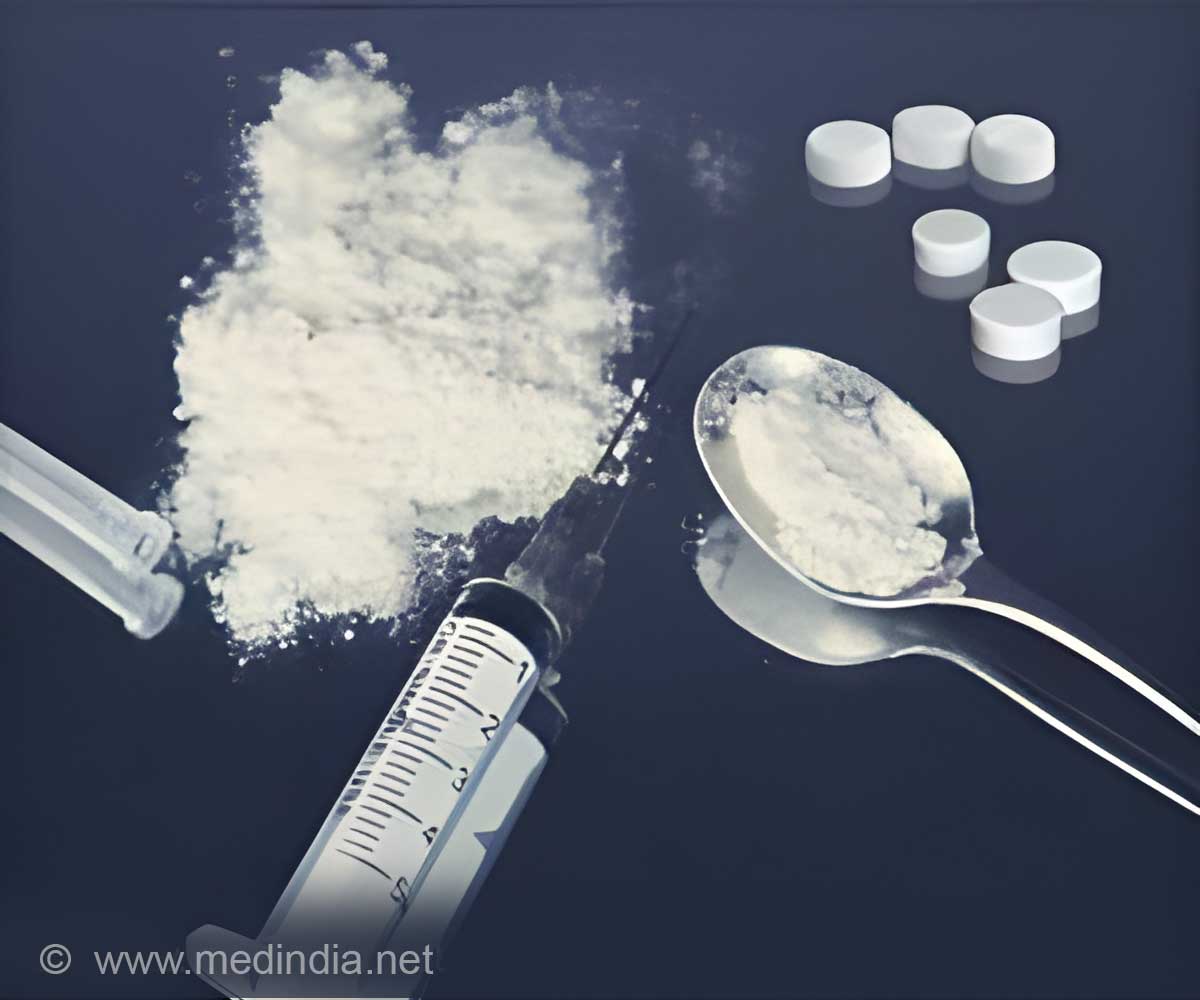Addiction intervention in hospital proves successful in treating substance use disorder (SUD), reveals a new study.

‘Hospital-based addiction intervention proves successful in improving treatment engagement and treating substance use disorder (SUD) more effectively.’
Read More..




The study measured one key outcome for patients who participated in a first-of-its-kind addiction intervention program started by Oregon Health & Science University in 2015.Read More..
"This confirms that hospitalization is a reachable moment," said lead author Honora Englander, M.D., an associate professor of medicine in the OHSU School of Medicine. "We were able to sizably increase treatment engagement. That matters because treatment is associated with reduced health care costs, reduced mortality and a whole vast array of really important outcomes."
Project IMPACT, or Improving Addiction Care Team, brings together physicians, social workers, peer-recovery mentors and community addiction providers to address addiction when patients are admitted to the hospital. Englander is the project director.
The new study compared 208 patients who received addiction medicine consultation at OHSU with a control group of Medicaid patients with similar conditions hospitalized in any Oregon hospital. The study compared the substance use treatment engagement in the month after they were released from the hospital.
A total of 38.9% of IMPACT patients engaged in substance use treatment, compared with 23.3% of similar patients who did not work with IMPACT.
Advertisement
However, people with substance use disorder often end up hospitalized, sometimes as a result of illness arising from their addiction. Examples include endocarditis caused by injection drug use, liver disease from overuse of alcohol, or various kinds of trauma.
Advertisement
"Stigma is a huge driver," Englander said. "People don't think of addiction as something that hospitals should be addressing. Our study pushes back at that."
OHSU's program is one of only a handful in the nation, which remains beset by an opioid epidemic and a rising methamphetamine crisis that claimed more than 70,000 lives in 2017. The new study indicates the program makes a difference in engaging people in treatment.
"Hospital-based addiction medicine care can improve (substance use disorder) treatment engagement, which is associated with reduced substance use, mortality, and other important clinical outcomes," the authors write. "National expansion of such models represents an opportunity to address an enduring gap in the SUD treatment continuum."
Source-Eurekalert













